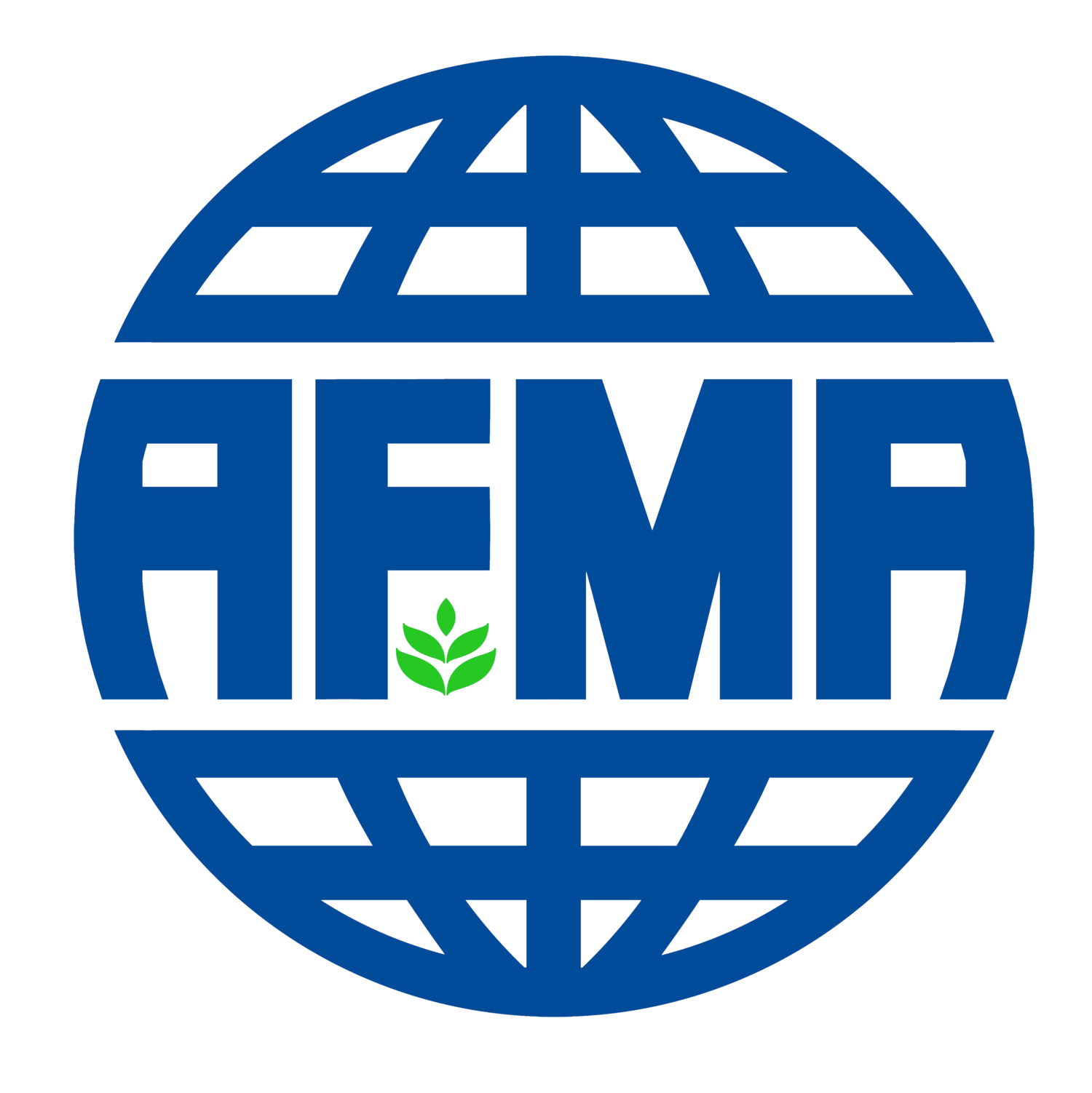Human Rights Policy
Human Rights Policy for AFMA Asia
Aligned with the UN Guiding Principles on Business and Human Rights (UNGPs)
Introduction
The Agricultural and Food Marketing Association for Asia (AFMA Asia) is an International Governmental Organization (IGO) working in close association with the United Nations Food and Agriculture Organization (UN FAO). AFMA Asia plays a pivotal role in advancing sustainable agricultural practices, equitable food marketing systems, and rural development across Asia.As part of its commitment to global standards, AFMA Asia upholds the UN Guiding Principles on Business and Human Rights (UNGPs), ensuring that its operations, partnerships, and programs respect, protect, and promote human rights.
Policy Scope
This Human Rights Policy applies to:AFMA Asia’s operations and staff.Member states and governmental partners.Associated private-sector actors, NGOs, suppliers, and stakeholders in the agricultural and food marketing value chain.
Policy Principles
Alignment with International Standards
AFMA Asia’s Human Rights Policy aligns with key international frameworks, including:Universal Declaration of Human Rights (UDHR).UN Guiding Principles on Business and Human Rights (UNGPs).ILO Conventions on forced labor, child labor, and discrimination.Sustainable Development Goals (SDGs), particularly SDG 2 (Zero Hunger) and SDG 5 (Gender Equality).Commitment to Gender Equality and Non-Discrimination
AFMA Asia prioritizes:Equal access to agricultural resources, training, and marketing opportunities for women and marginalized groups.Non-discrimination in employment, procurement, and partnerships based on gender, ethnicity, religion, or socioeconomic status.Advocacy against gender-based violence and exploitation in the agricultural sector.Sustainable Development and Rural EmpowermentPromote sustainable agricultural practices that safeguard human rights, protect ecosystems, and benefit local communities.Partner with governments to ensure equitable land access and fair labor practices.Respect for Local Communities and Indigenous PeoplesRecognize and uphold the rights of indigenous peoples and rural communities in agricultural projects.Ensure inclusive decision-making processes that involve affected stakeholders.
Implementation Strategies
Human Rights Due Diligence
AFMA Asia will implement a systematic approach to identify, assess, and mitigate human rights risks in its projects and partnerships:Conduct gender-sensitive assessments to identify challenges specific to women and marginalized groups.Integrate human rights clauses into agreements with suppliers, contractors, and implementing partners.Capacity BuildingProvide training to staff, partners, and stakeholders on human rights standards, including the UNGPs and gender equality.Support member states in developing policies that promote human rights in the agricultural sector.Stakeholder EngagementFacilitate consultations with farmers, workers, women’s organizations, and indigenous communities to understand their concerns and priorities.Establish platforms for multi-stakeholder dialogue on promoting human rights in agriculture and food marketing.Monitoring and EvaluationDevelop robust monitoring mechanisms to track the human rights impacts of AFMA Asia’s initiatives.Publish annual reports documenting progress, challenges, and corrective actions.
Grievance Mechanism
AFMA Asia is committed to providing accessible, fair, and transparent channels for addressing human rights concerns:Accessible Reporting ChannelsGrievances can be reported through email, hotlines, local offices, or online platforms in multiple languages.Anonymous reporting is allowed to protect vulnerable complainants.Fair and Gender-Sensitive ProcessesEstablish grievance redressal teams that include gender experts and culturally diverse members.Ensure timely investigations and resolutions within 30 working days.Protection Against RetaliationGuarantee non-retaliation for individuals who report grievances in good faith.Appeals and Independent OversightProvide an option for complainants to appeal decisions to an independent grievance review panel.
Key Areas of Focus for AFMA Asia
Elimination of Exploitative PracticesZero tolerance for child labor, forced labor, and human trafficking in agricultural value chains.Support fair wages and decent working conditions for all workers.Promotion of Gender EqualityStrengthen women’s leadership and participation in agriculture and food marketing.Ensure women have access to training, finance, and technology in agricultural systems.Indigenous Rights and Community EngagementPartner with member states to protect the land rights and cultural heritage of indigenous peoples.Advocate for equitable benefit-sharing in agricultural projects.Sustainability and Climate ActionAlign initiatives with climate-resilient agricultural practices that protect human rights and biodiversity.
Collaboration with the UN FAO
As an organization working in association with the UN FAO, AFMA Asia:Leverages FAO’s technical expertise to design human rights-based policies and programs.Contributes to FAO’s global mandate to achieve food security while promoting equitable, sustainable agricultural development.Ensures that all projects align with FAO’s principles on safeguarding the rights of rural populations and reducing inequalities.
Policy Review and Accountability
AFMA Asia’s Human Rights Policy will undergo regular reviews to ensure its alignment with evolving international standards and stakeholder expectations. Independent audits and external evaluations will be conducted to maintain transparency and accountability.
